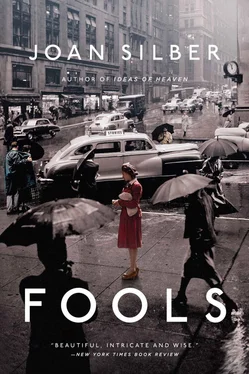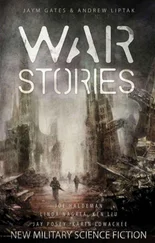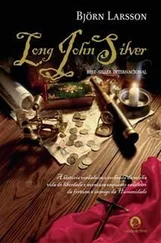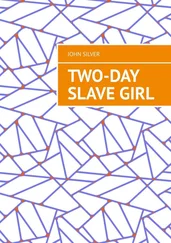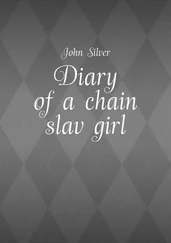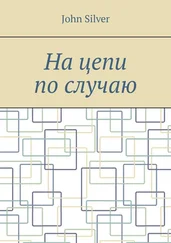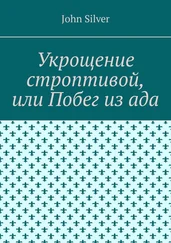3. Fools contains six linked stories. Some of the links are clear right away and others are more subtle. Which were your favorite discovered connections? How is a book like this different from a novel? Why do you think the author arranged the stories the way she did? How does this book compare to other linked story collections you’ve read?
4. Does Silber make us feel sympathy for conventionally “unlikeable” characters? If so, how does she accomplish this?
5. The stories take place at different points in history — from the 1920s to now — and are set in different parts of the world — New York, Paris, even a little of India. How did this expansiveness affect you as a reader? Was your attention better or worse for it? Do the characters in different eras and places have different belief systems?
6. The characters all think about money. Some choose principle over money, some steal and betray, some are duped, and the book ends with a surprising act of generosity. Is money often used in plots? Does the author seem to have a particular view of it here? Is this theme linked to our era of financial uncertainty?
7. In “Two Opinions,” Louise’s mother tells her, “You think you can do without ideas but you can’t.” Louise is more interested in love at that time. Can love or money let a person live without ideas? Is it a common contemporary belief that they can?
8. Gandhi suggests that people are happiest when they can act on their beliefs, which is not always easy. Which characters in Fools live under illusions? Which characters betray their own beliefs or lie to others? What happens as a result? Which characters have the most integrity, and are they rewarded or punished?
9. Many of the characters have unconventional marriages or families: Vera doesn’t really want a legal marriage, Louise lives thousands of miles from her husband, and Gerard is long separated from his wife but deeply tied to her. Are these arrangements viewed favorably? How do these characters fare?
10. The stories all use different narrators, and incidents are sometimes seen from different angles. Norman, for instance, is viewed one way by Anthony and another in his own memoir. Why did the author choose to close with Liliane? Can an untrustworthy character be a trustworthy narrator?
SELECTED NORTON BOOKS WITH READING GROUP GUIDES AVAILABLE
For a complete list of Norton’s works with reading group guides, please go to www.wwnorton.com/books/reading-guides. Diana Abu-JaberBirds of Paradise Diane AckermanOne Hundred Names for Love Alice AlbiniaLeela’s Book Andrea BarrettShip Fever Bonnie Jo CampbellOnce Upon a River Lan Samantha ChangInheritance Anne CherianA Good Indian Wife Amanda CoeWhat They Do in the Dark Michael CoxThe Meaning of Night Suzanne DesrochersBride of New France Jared DiamondGuns, Germs, and Steel Andre Dubus IIITownie John DufresneRequiem, Mass. Anne EnrightThe Forgotten Waltz Jennifer Cody EpsteinThe Painter from Shanghai Betty FriedanThe Feminine Mystique Stephen GreenblattThe Swerve Lawrence HillSomeone Knows My Name Ann HoodThe Red Thread Dara HornAll Other Nights Pam HoustonContents May Have Shifted Mette JakobsenThe Vanishing Act N. M. KelbyWhite Truffles in Winter Nicole KraussThe History of Love* Scott LasserSay Nice Things About Detroit Don LeeThe Collective* Maaza MengisteBeneath the Lion’s Gaze Daniyal MueenuddinIn Other Rooms, Other Wonders Liz MooreHeft Jean RhysWide Sargasso Sea Mary RoachPacking for Mars Johanna SkibsrudThe Sentimentalists Jessica ShattuckPerfect Life Joan SilberThe Size of the World Mary Helen StefaniakThe Cailiffs of Baghdad, Georgia Manil SuriThe Age of Shiva Brady UdallThe Lonely Polygamist Barry UnsworthSacred Hunger Alexi ZentnerTouch
Sign up for our newsletter and giveaways at bit.ly/wwnorton-reading-group-guides.
* Available only on the Norton Web site
